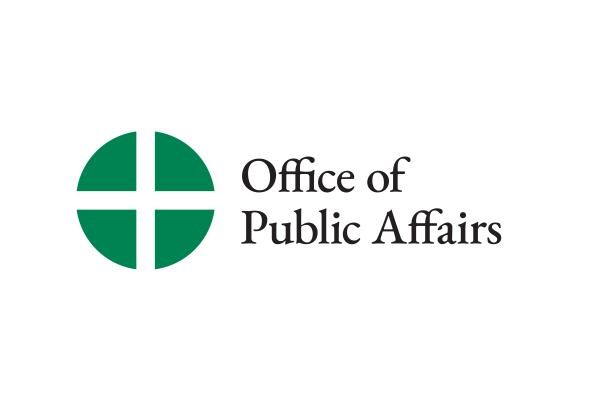USCCB Urges HHS to Reach Amicable Resolution in Little Sisters of the Poor Case
WASHINGTON—On September 9, the U.S. Conference of Catholic Bishops (USCCB) filed comments with the U.S. Department of Health and Human Services (HHS) objecting to mandated involvement in coverage of abortifacients, contraceptives, and sterilization, on pain of crushing fines.
WASHINGTON—On September 9, the U.S. Conference of Catholic Bishops (USCCB) filed comments with the U.S. Department of Health and Human Services (HHS) objecting to mandated involvement in coverage of abortifacients, contraceptives, and sterilization, on pain of crushing fines. The comments responded to HHS's request for information on how best to accommodate stakeholders with religious objections to such coverage, while assuring that people with no religious objection can still obtain it.
On May 16, 2016, the U.S. Supreme Court issued a decision in Little Sisters of the Poor v. Burwell and related cases challenging the HHS mandate. The mandate requires health plans to cover contraceptives – including abortifacient contraceptives– and sterilization procedures. Religious nonprofit organizations engaged in charitable ministry are not exempt from the mandate. In a set of cases involving a number of religious organizations, the Supreme Court overturned the lower court decisions and sent those cases back to the lower courts so that the parties would have an opportunity to reach an amicable resolution.
"This latest round of rulemaking," the USCCB's Office of General Counsel wrote, "presents an opportunity for the Administration to achieve its asserted interest … and, at the same time, bring to an amicable end an unprecedented and protracted dispute with the religious community."
The petitioners in Little Sisters of the Poor v. Burwell have themselves "spelled out with particular clarity how the Administration can achieve its stated policy goals without forcing those with sincerely held religious objections to assist." For this to happen, any government-mandated contraceptive coverage must be "truly independent of petitioners and their plans—i.e., provided through a separate policy, with a separate enrollment process, a separate insurance card, and a separate payment source, and offered to individuals through a separate communication."
"For this system to work, however, it must be the case that no further involvement of objecting employers is required." In addition, to protect the conscience rights of individuals who themselves may have religious objections to contraception and sterilization coverage, enrollment in such coverage "must not be automatic."
The full text of the comment letter is available at: www.usccb.org/about/general-counsel/rulemaking/upload/HHS-Comments-on-Coverage-for-Contraceptive-Services-Sept-16.pdf.
---
Keywords: USCCB, U.S. bishops, pro-life, Department of Health and Human Services, HHS, contraception, sterilization, contraceptive mandate, Little Sisters of the Poor v. Burwell, health care, health insurance, religious liberty, religious freedom, conscience rights
# # #
Norma Montenegro Flynn
O: 202-541-3202

